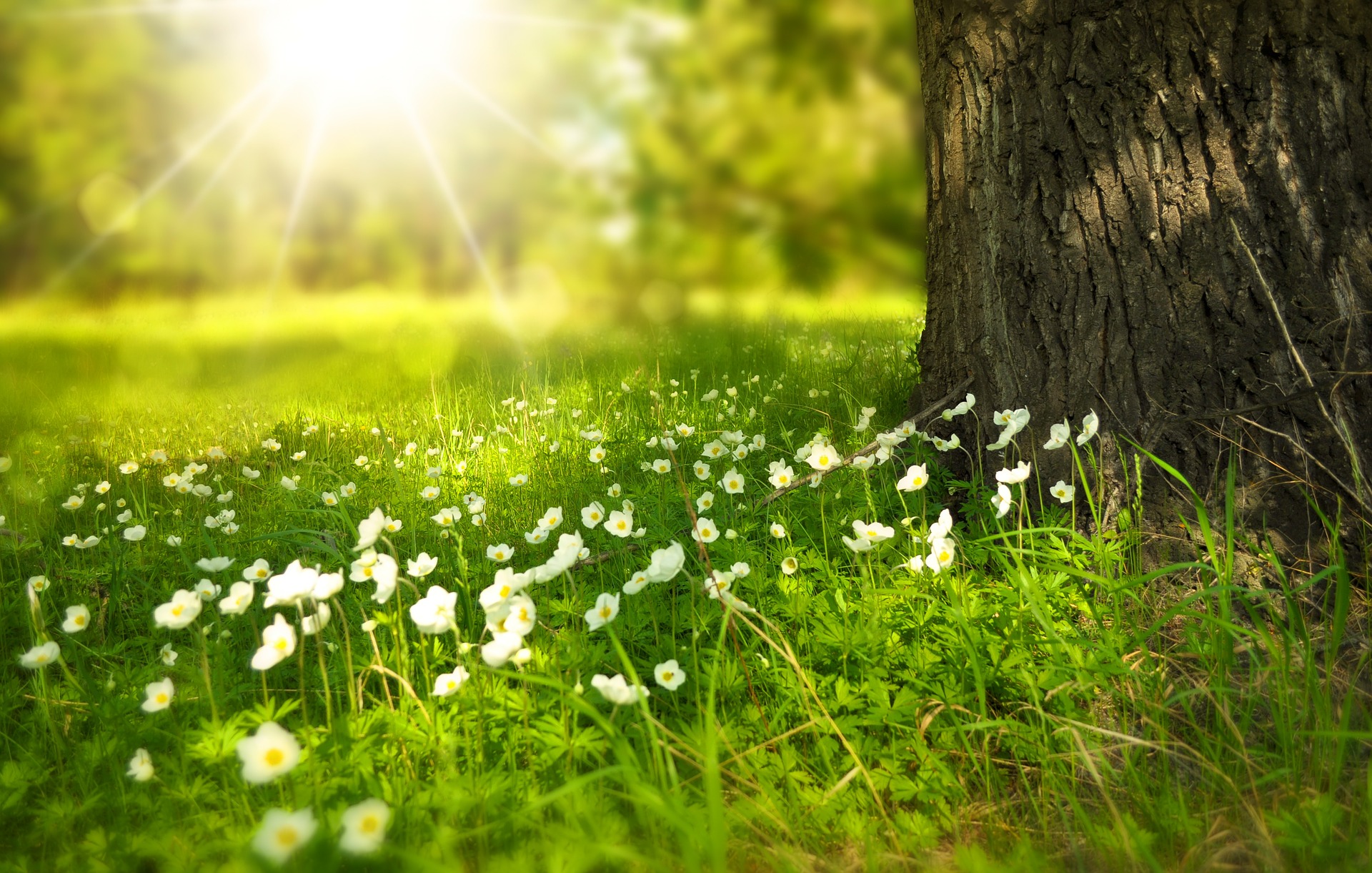How can two spring seasons be so different? That question must have been asked thousands of times, and not just by farmers this past March and April. Just 12 months age we were enjoying one of the best spring seasons on record and for once it was warm, the grass grew well and crops were getting off to a great start. However, this spring local farmers are generally agreed that we are running at least 3 to 4 weeks behind normal and things are still not looking great with the ground still suffering the after effects of the wet and cold and crops that have been sown are slow to get off the mark. As for grass … my father would say “you can see a mouse run across the field”. There has been so little grass growth that the lambs that have survived the terrible season are now being fed by mothers who are desperately looking for every blade of the green stuff to help them make some milk. I have heard of at least three farmers who have resorted to letting cattle walk up and down roadside verges to graze “the long acre”. The feed situation is desperate for a lot of livestock farmers with silage and hay all gone and the delayed start to spring means that making new supplies for next winter will be even more difficult.
All of this goes to show how reliant farmers are on the weather and now the experts are telling us that we can expect heavier summer-time rainfall as global warming takes effect!
So once again our farmers are having to cope with the hand that mother- nature has dealt them, but this time there’s a real joker in the pack and he’s called Brexit. Farmers will be well aware that a lot of the crops they have just planted will be sold after March 2019 along with beef calves and late lambs born this spring. Maybe, the crazy workload of spring 2018 is taking farmer’s minds off that scenario, but it’s a part of the equation that we haven’t faced before – and for that matter neither has any other country in the EU.
A lot of the focus has quite rightly been on retaining some kind of tariff free trade with the EU and on developing new markets around the world.
However, is anyone focusing on the home market and reversing the trend of declining domestic consumption of British food? Perhaps that’s a wee bit unfair as I know a lot of work has been done by Scotland Food and Drink, NFU Scotland, Quality Meat Scotland and other bodies to highlight the economic and health benefits of home-consumption of locally produced food.
But … and it’s a big BUT … When are governments going to wake up and see
the policy of high imports of food is not only foolish … it is nothing short of irresponsible and reckless in a world torn apart by wars. We are living in a world which is massively destabilised in the Middle East and not only do we have an unpredictable President in the USA, we also have the re-emergence of the cold war with Russia.
Have we learnt nothing since WW2 when the UK came close to starving to death? Food rationing in the UK finished just 64 years ago and while that may seem a long time ago to some, it is still a vivid memory to others and it’s not a place we ever want to go back to.
However, given all of the above facts and that as a nation we are only 60% self-sufficient in food leaves us in an extremely vulnerable state should the unthinkable happen and we find ourselves caught up in some kind of conflict.
So, let’s draw breath, think again about food and as NFU Scotland keep telling the politicians … “Put Food Production Back at The Top of the Agenda”
@farmerjonesy
